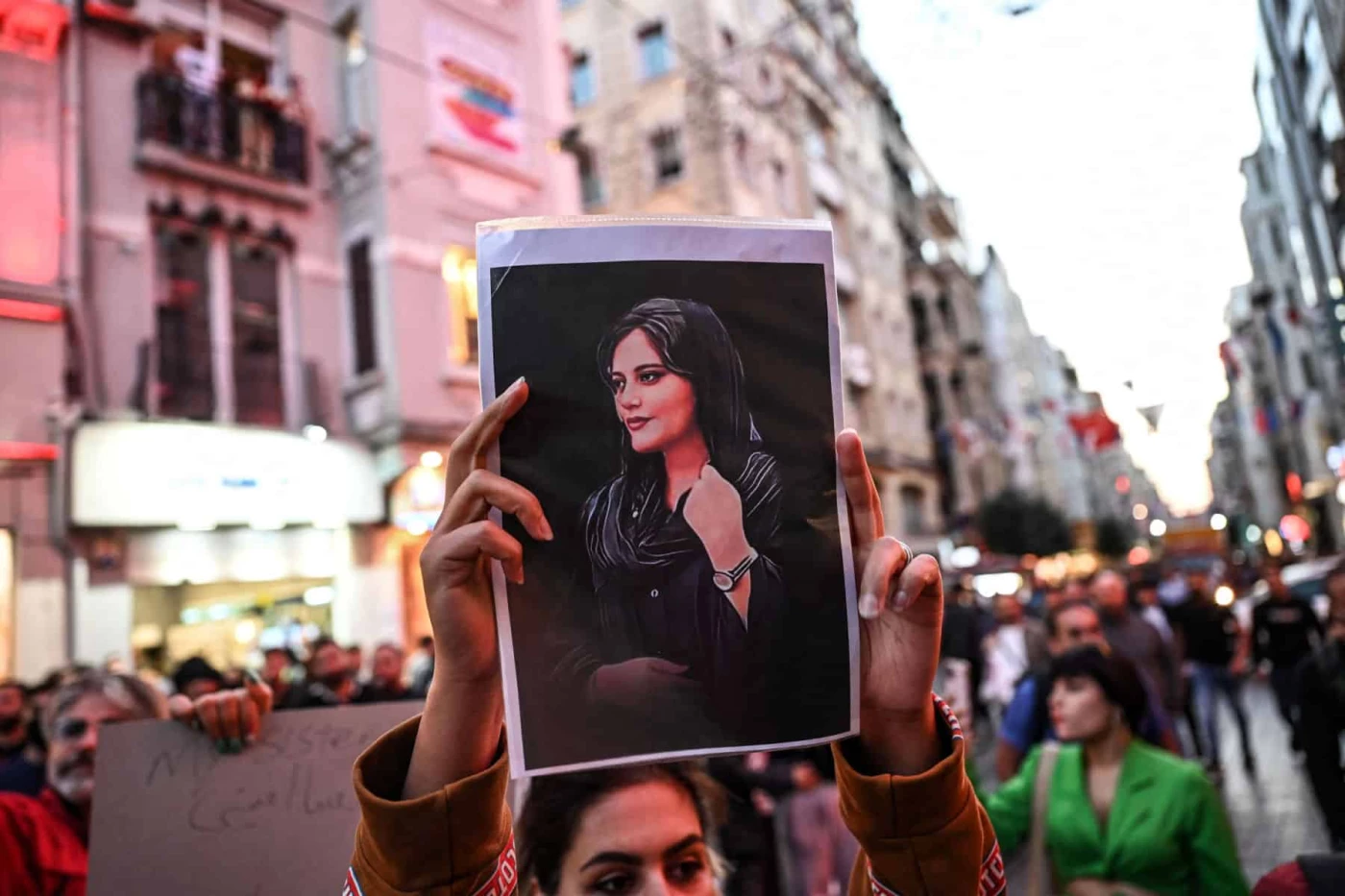ERBIL, Kurdistan Region of Iraq - On the third anniversary of Mahsa (Jina) Amini’s death in police custody, the United Nations on Tuesday stressed the ongoing discrimination and restrictions facing women in Iran.
Amini, a young Kurdish woman, died in September 2022, sparking one of Iran’s largest nationwide uprisings, known as the "Woman, Life, Freedom" (Jin, Jiyan, Azadi) movement.
“Three years on, there is still much work to be done for women’s rights in the Islamic Republic of Iran,” UN special rapporteur Mai Sato said in a post on X, adding that “Iranian women continue to face severe restrictions on their fundamental freedoms.”
“The rights of Iranian women and girls and their allies demand our continued attention and action,” she said.
Stressing the restrictions women in Iran face, Sato highlighted that wearing a hijab remains mandatory under the penal code, and added that “the hijab law (Law on Protecting the Family through the Promotion of the Culture of Chastity and Hijab) has passed, but it has not been enforced, demonstrating cautious deliberation within the State.”
Under a new yet to pass Iranian hijab bill, women who do not comply with mandatory hijab regulations can face punishments including monetary fines, travel restrictions, and limitations on digital access.
Repeated violations can result in prison terms of three months to a year and fines of over $2,000.
Sato also noted that women face discrimination regarding their “health, marriage, inheritance, travel, and countless other aspects of their lives.”
She further stressed the ongoing execution in 2025 for the “men who participated in the 2022 protest.”
Hundreds of people have been arrested, and many sentenced to death in recent years across Iran for participating in the women's life freedom protest.
Amnesty International reported on September 10 that since the 2022 Woman, Life, Freedom uprising, authorities have used the death penalty as "a tool of oppression." The report stated that more than 800 people have been executed in 2025 alone.
The Oslo-based Hengaw Human Rights Organization reported that on the third anniversary of Amini's death, the road to her cemetery in Saqqez was blocked by militarized forces to prevent gatherings. Footage posted by Hengaw also showed that shops and businesses in the cities of Divandarreh and Saqqez went on strike.



 Facebook
Facebook
 LinkedIn
LinkedIn
 Telegram
Telegram
 X
X


